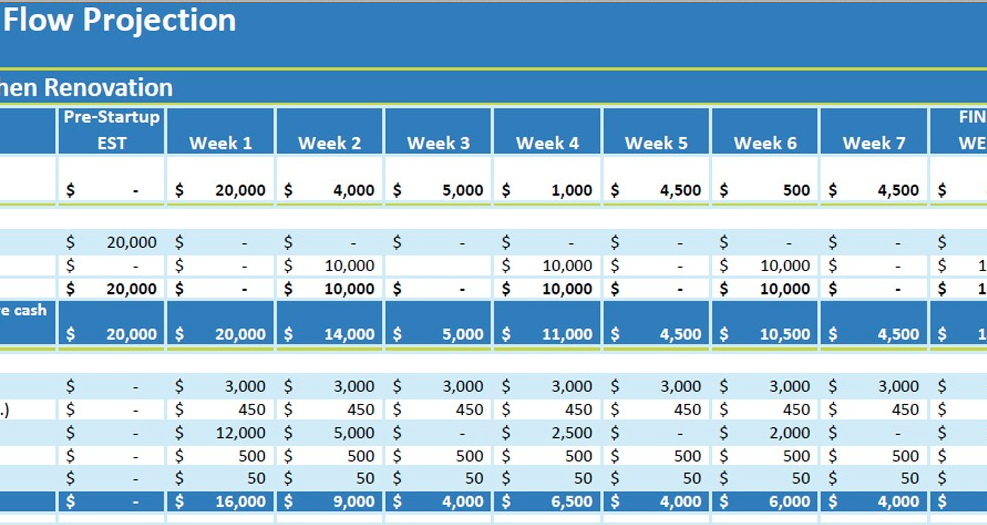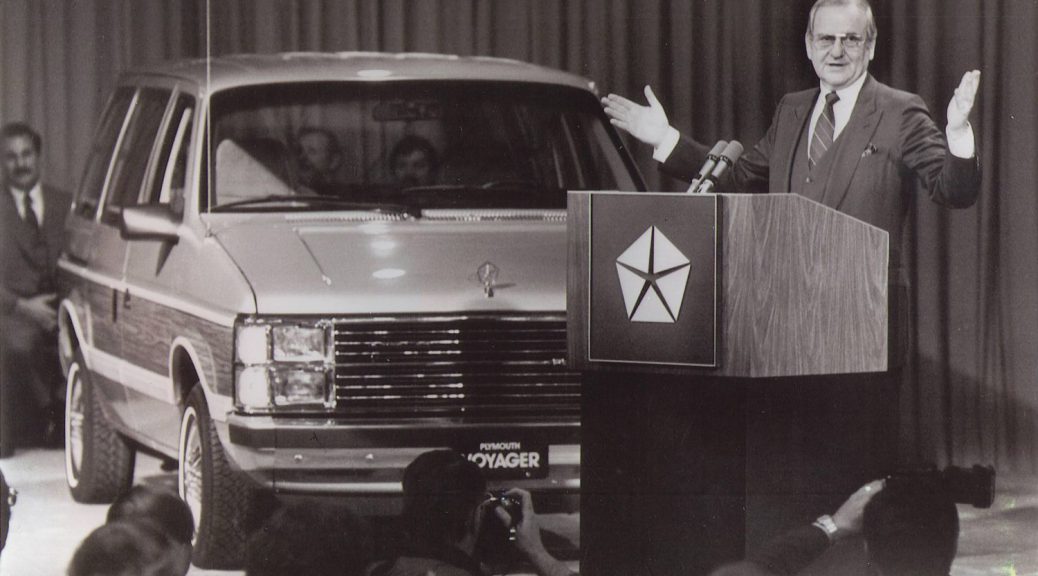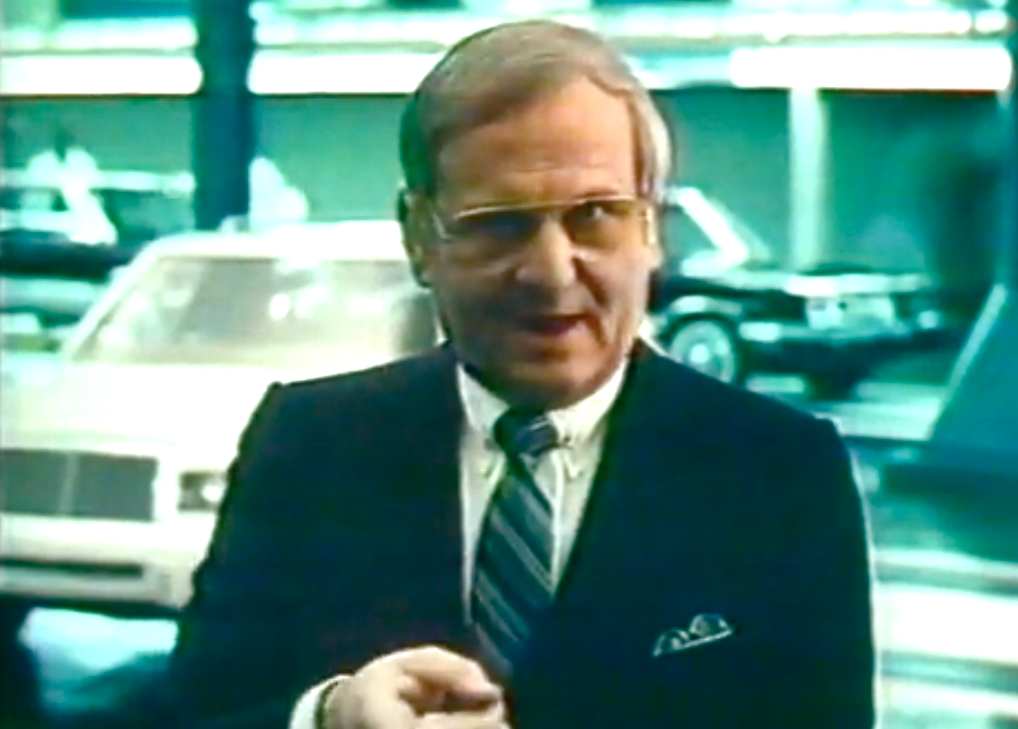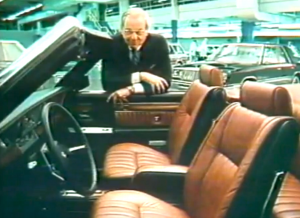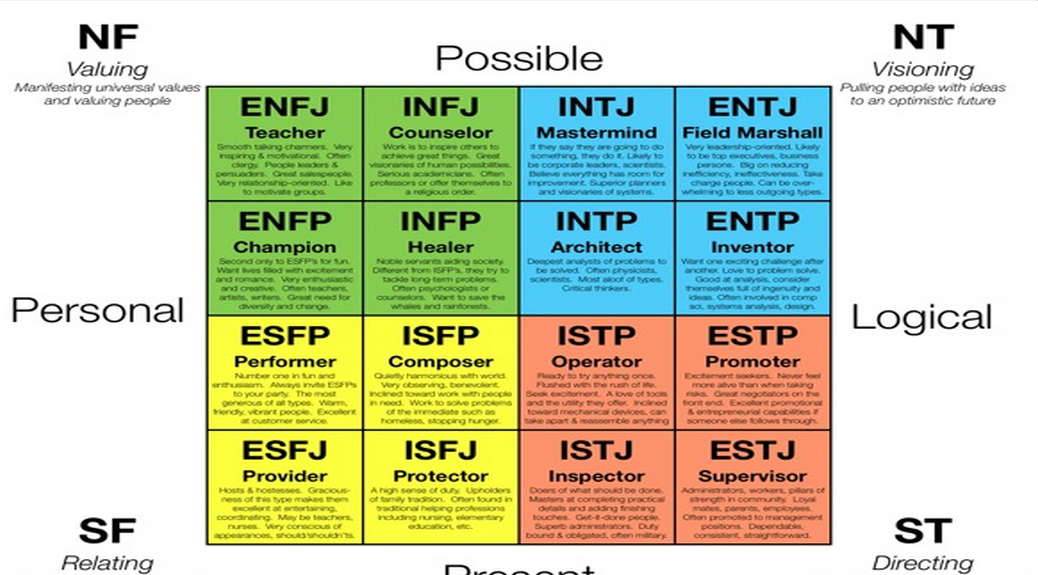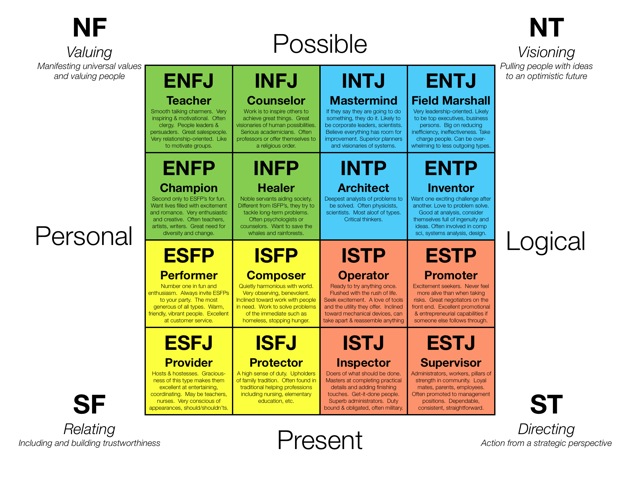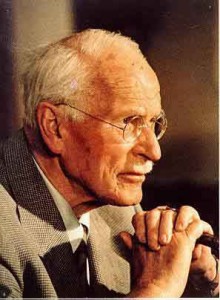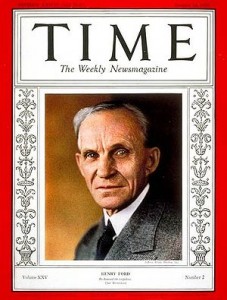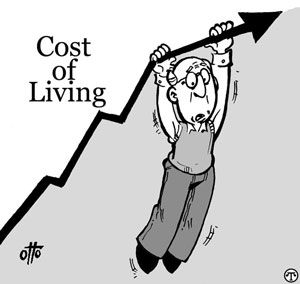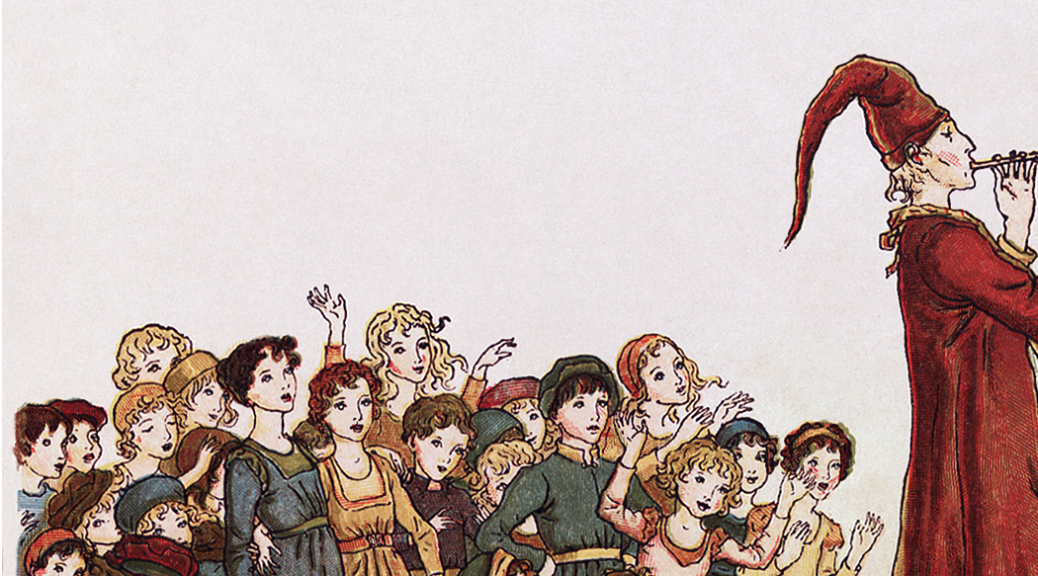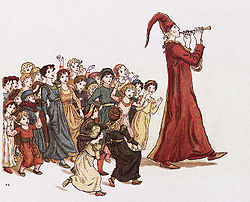 Cash-Flow Management: Butler Lumber is a small business with a problem. It is mismanaging its cash. In order to grow, BL was buying more wood from its suppliers, and then storing it in a warehouse, and then giving customers 30 days to pay for it. Meanwhile BL had to pay its suppliers regardless of whether that wood was sold. So, the company becomes dependent on credit in order to pay the supplier prior to being paid by the customers.
Cash-Flow Management: Butler Lumber is a small business with a problem. It is mismanaging its cash. In order to grow, BL was buying more wood from its suppliers, and then storing it in a warehouse, and then giving customers 30 days to pay for it. Meanwhile BL had to pay its suppliers regardless of whether that wood was sold. So, the company becomes dependent on credit in order to pay the supplier prior to being paid by the customers.
Who Has Solved The Inventory Dilemma?
Dell had mastered the cash conversion cycle in 1996. Whereas other manufacturers built computers then warehoused them, and sent them to stores, Dell waited until an order with the payment came upfront before building a specified computer. Dell required a slick production system compared to its competitors: this ultimately was about shrinking the time and the resource to meet customer needs. Inventory is a bad word in business. Dell added interest on its bottom line, increasing value. Company valuation is very difficult, and forecasting cash-flow is as well.
Be Expected To Lead Some Committee: you will be expected to make a contribution to the student life of your fellow MBAs. These are time expensive activities that you will need to be prepared for in order to succeed.
Once You Are In, You Stay: if you are struggling, the MBA program will try to support you as much as possible. It is not in their interest to acquire your tuition, and then have you fail. The entry is sufficiently rigorous to avoid such an outcome.

